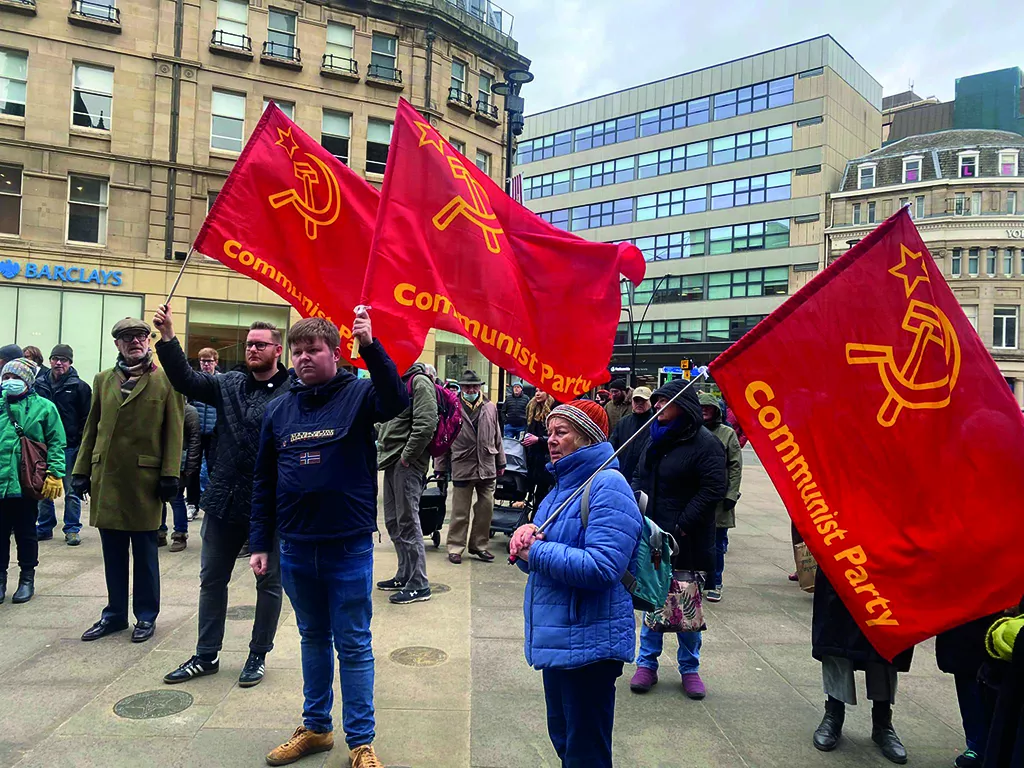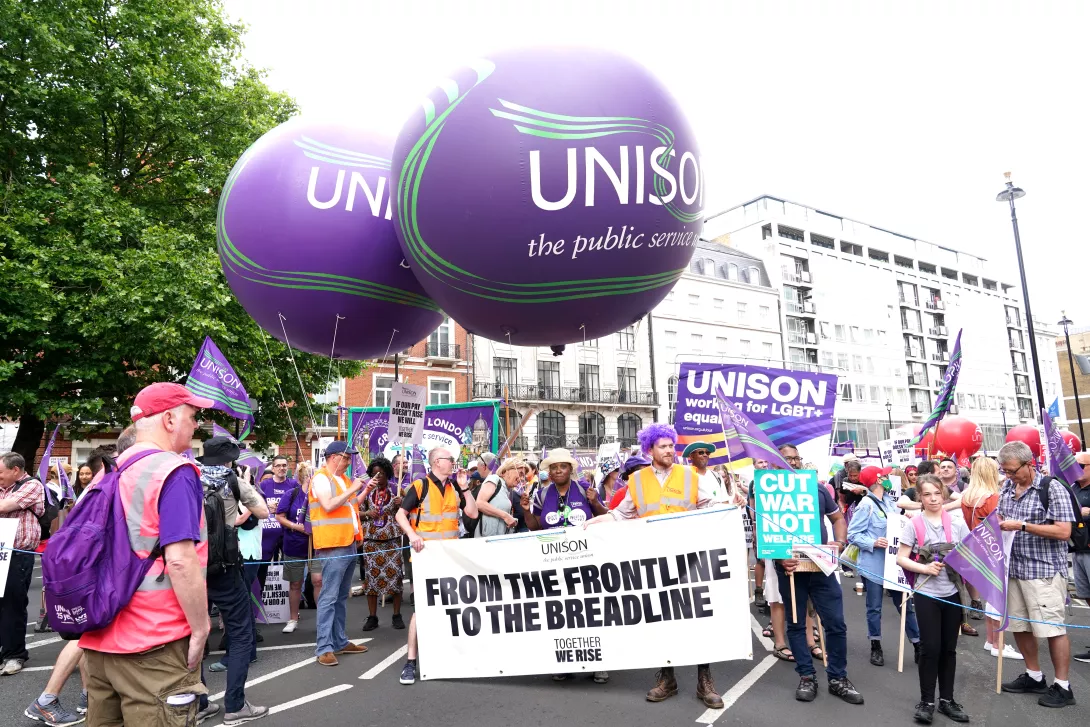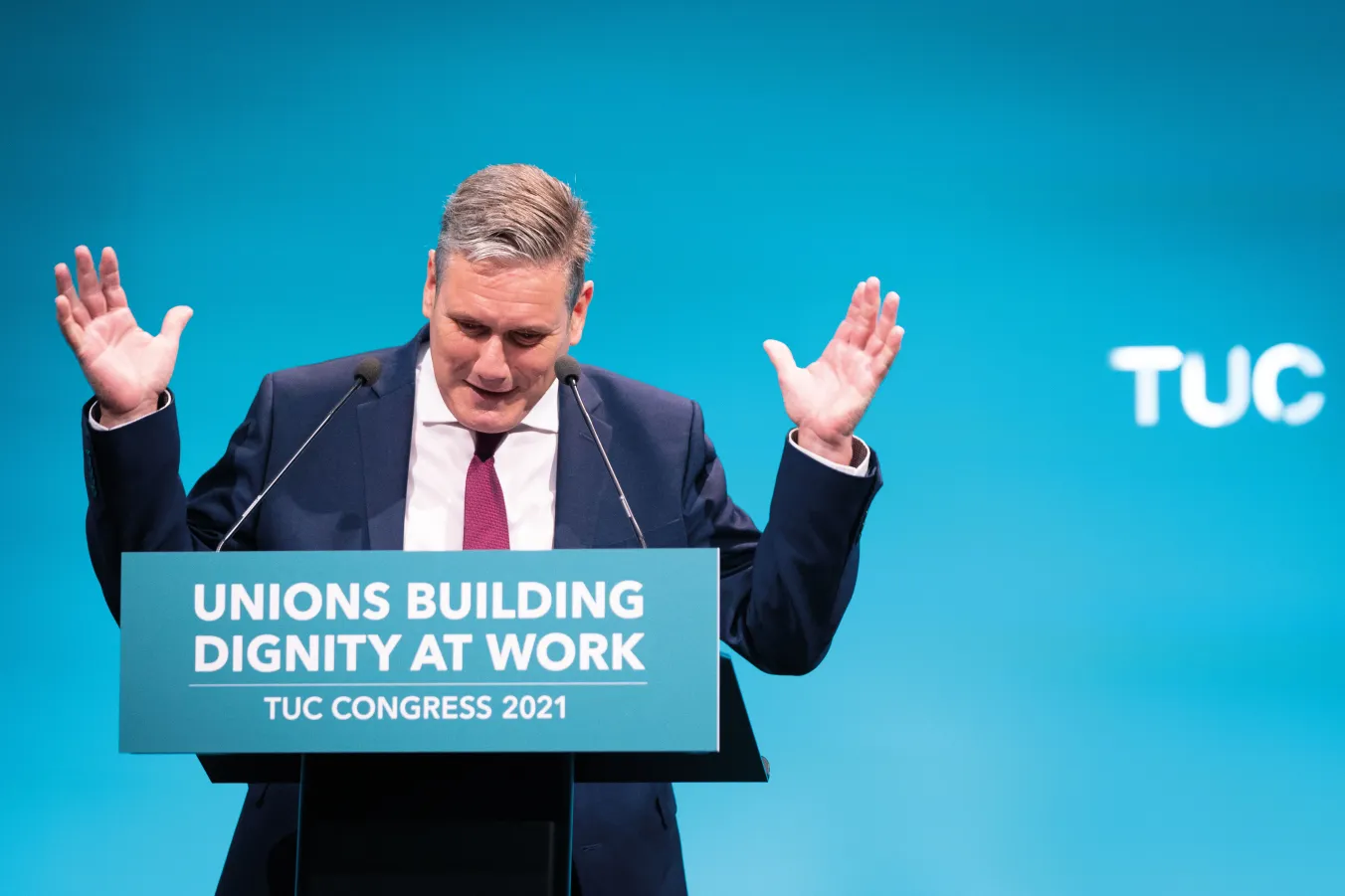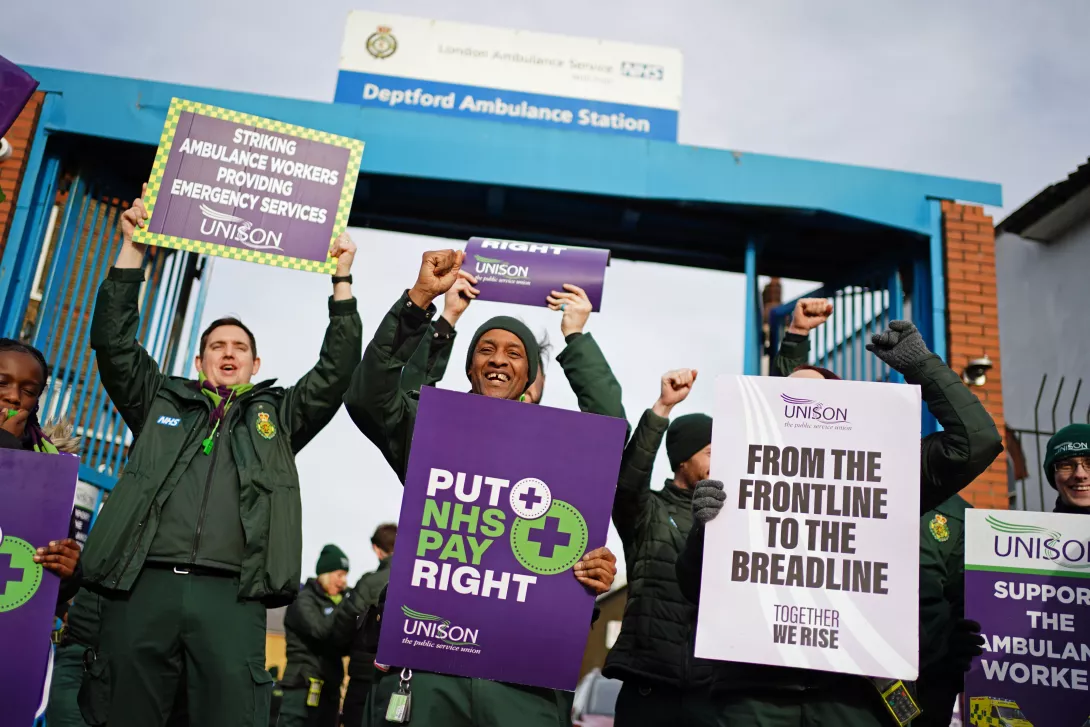
THE 2010 Tory-Lib Dem coalition launched a vicious attack on public services and the workforce employed to deliver them. Over the next 14 years, Unison members have faced privatisation, job losses, short staffing, fire and rehire, and severe pay erosion across core public services — all compounded by the cost-of-living crisis and the further statutory restrictions on the right to strike.
But Unison has emerged from this tough period with a growing membership and a vibrant new organising agenda. Our new Organising to Win strategy was launched in June 2023 following an internal review led by the general secretary of organising methodology and practice. A new strategy to meet the changing demands on the union and provide a clear vision for a stronger union.
In the first year of implementation, members have been taking action and winning. Unison membership has grown by an unprecedented 41,000 over 12 months along with big increases in participation and activism.
The strategy has four cornerstones: the alignment of organising and bargaining to deliver wins; increased participation to build an active, engaged membership to ensure majority union density; Co-ordinated unionwide organising priorities for the best use of resources and maximum impact in target areas; and systematic monitoring and evaluation for continuous improvement.
The vanguard campaign has been Pay Fair for Patient Care — local organising campaigns to win rebanding and backpay for NHS healthcare assistants (HCAs) who are paid for personal care but increasingly perform clinical care duties.
To date, campaigns have been won in 41 NHS Trusts, securing over £40 million in annual pay rises and over £100m in back pay for 27,000 HCAs.
Every campaign has generated significant growth in membership and activism. Hundreds of HCAs, predominantly women, are getting involved for the first time, leading successful campaigns in their workplace, with many progressing into formal activist roles.
Key to the success has been a credible plan to win. Unions are good at agitation. There is plenty for workers to be angry about. But we are not always good at providing the hope that gives members the confidence to participate, resulting in a failure to achieve the level of collective participation needed to build the power to win.
















